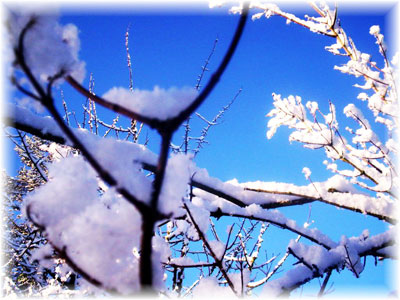All Nonfiction
- Bullying
- Books
- Academic
- Author Interviews
- Celebrity interviews
- College Articles
- College Essays
- Educator of the Year
- Heroes
- Interviews
- Memoir
- Personal Experience
- Sports
- Travel & Culture
All Opinions
- Bullying
- Current Events / Politics
- Discrimination
- Drugs / Alcohol / Smoking
- Entertainment / Celebrities
- Environment
- Love / Relationships
- Movies / Music / TV
- Pop Culture / Trends
- School / College
- Social Issues / Civics
- Spirituality / Religion
- Sports / Hobbies
All Hot Topics
- Bullying
- Community Service
- Environment
- Health
- Letters to the Editor
- Pride & Prejudice
- What Matters
- Back
Summer Guide
- Program Links
- Program Reviews
- Back
College Guide
- College Links
- College Reviews
- College Essays
- College Articles
- Back
The Culture of Kashmir
Kashmir, a valley between the great Himalayas and the Pir Panjal Range, is one of the most elegant places in the world. The culture, for centuries, has been at the crossroads of various civilizations, is an extremely diverse blend of Indian, Persian, and many other Central Asian cultures. The culture is heavily influenced by Hinduism, Buddhism, and later Islam. The food, language, festivals, and music represent its deep roots in its history and culture; the land, a utopia like no other.
Kashmiri, the language of Kashmir, is spoken by around 7 million people, primarily in the Indian union territory of Jammu and Kashmir. There are four systems used to write the Kashmiri language, the Sharada script, the Devanagari script, the Perso-Arabic script, and also the Roman script. Nowadays, the Kashmiri Perso-Arabic script has been associated with Kashmiri Muslims, while the Kashmiri Devanagari script has been associated with the Kashmiri Hindu community.
Having a variety of tastes, the main fragrance of Kashmiri food is spice. Meat along with rice is one of the fundamental food items in Kashmir. Rice is an essential part of every meal. Despite being Brahmin, most of the Kashmiri Hindus are meat-eaters. Some of the most favored Kashmiri dishes are Rogan Josh, a piquant red meat curry, Paneer, simple cottage cheese that is mixable into a variety of other dishes, and Haakh, the enticing Kashmiri version of collard greens.
The music of Kashmir is what fully illuminates the culture. The classical music of Kashmir is called Sufiana Kalam, a fusion of Indian and Persian classical music. Kashmiri weddings, one of the most jubilant weddings in the world, including elements of Kashmiri classical music. Many spend their entire lives learning and studying all the instruments of Kashmiri classical. Saz-e-Kashmir, Rabab, Santoor, Tumbaknari, are all singularly mellifluous Kashmiri classical instruments.
As enticing as they are, the festivals of Kashmir are extremely diverse, some being unique to the Kashmir Valley. The grand Dal Lake in Kashmir hosts its own festival, the Shikara Festival. The Shikara, a wooden boat found on Dal Lake, is used for multiple purposes, including selling flowers and vegetables. The Shikaras participate in the Shikara race that takes place in July or August. Eid-Ul-Fitr is a Muslim festival celebrated after month-long fasting by Muslims from around the world. This festival is marked by wearing new clothes, exchanging sweets, meeting relatives and dear ones. Navreh, the Kashmiri New Year, is celebrated on the first day of the new year (March-April) by Kashmiri Pandits.
The land of Kashmir, landlocked by Pakistan, China, and India, is a paradise like no other. The temperature ranges from the tropical heat of a Punjab summer to the vigorous cold that keeps the snow on the peaks of the Himalayan mountains. The vistas give you a great amount of ecstasy. “Kashmir has always been more than a mere place. It has the quality of an experience, or a state of mind, or perhaps an ideal.”, said Jan Morris, an author, historian, and travel writer. The essence of Kashmir is a marvel when you get to meet it in-person.
The unique Kashmiri culture is a marvelous blend of cultures and religions. The culture shows its real ethos. An ethos that is slowly fading away. The vitality and innovation in the Kashmiri language and music, not being sustained enough. The land, a battleground of chaos between India, China, and Pakistan.

Similar Articles
JOIN THE DISCUSSION
This article has 0 comments.

This is my heritage. The Kashmiri culture is not very well known. I would like to spread it.